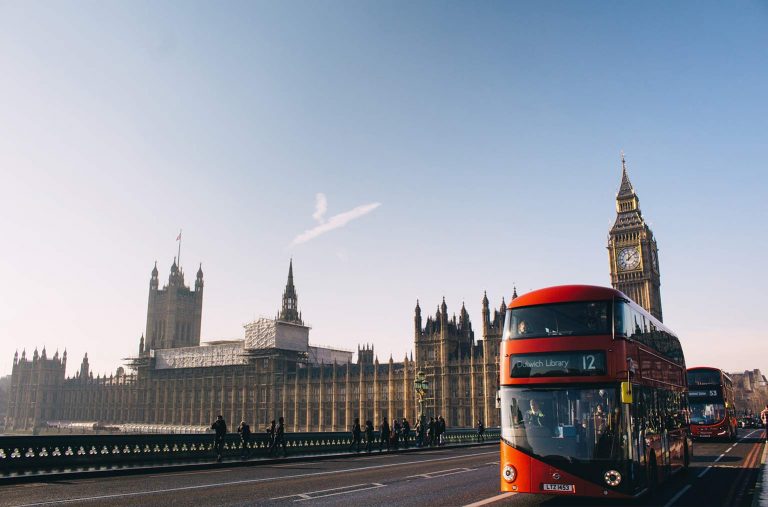
Morning Brief – Another Round?
As ‘Super Saturday’ subsided into crapulent Sunday, the UK’s hospitality industry received a welcome boost. Opening their doors for the first time in more than 100 days, pubs, restaurants, hairdressers and more welcomed customers back (from 1+ metres away). Of those of you that did frequent the pub or eat out in a restaurant I ask you: did you enjoy it and, critically, will you be doing it again soon?
Over in the United States the President of the Federal Reserve Bank of Atlanta, Raphael Bostic, has been voicing his concern over a flatlining in the economic recovery in the United States. He observes that high frequency data is pointing to a ‘levelling off’ of economic activity following several weeks of improving conditions. High frequency data includes information from card transactions, transport usage and electricity consumption to name but a few. The picture that is emerging from this data is a gloomier one than that of a few weeks ago.
The idea is that a fresh pick up in economic activity as a result of the lifting of certain parts of the lockdown has been short lived. Despite underlying social policy remaining consistent over the past few weeks, the public has been less willing to go out and to spend. Of course, the comments from the Fed President pertain to the US economy. The United States has recently seen a fresh high in the rate of infection and the virus spread even quicker than before the lockdown, therefore the cases of the UK and US are far apart. However, it does open the case for a W pattern to post-lockdown economic recovery.
In the UK, several pubs have been forced to close their doors once again as some of the patrons that have visited over the weekend have now tested positive for coronavirus. Of the 50,000 odd pubs in the United Kingdom, this is to be expected and would be a calculated risk in the opening of these establishments. Really, the rapid closure of these pubs is testament to the NHS Test and Trace scheme to isolate pockets of infection. However, the materialisation of the risk of infection from these establishments could influence consumers to change their mobility and spending patterns for the coming weekend.
The normalisation of business is critical to economic prosperity particularly in the United States. Of the 22.5m jobs lost throughout the course of the pandemic, 7.5 million have been recovered, boasting a faster than anticipated recovery in the labour market. With the policies in place for the unemployed in the United States set to expire at the end of the month, organic economic activity is critical if the US is to sustain the more upbeat risk sentiment that markets have enjoyed in recent weeks. If the data sours then global risk sentiment will likely face a setback prompting sell-offs in emerging markets and in currencies with a higher risk profile whilst prompting capital inflows to safehavens.
Discussion and Analysis by Charles Porter

Click Here to Subscribe to the SGM-FX Newsletter
Related Insights

Daily Brief – Clarity
Clarity The Bureau of Labor Statistics yesterday ended speculation on the fate of data produced during the recent US government shutdown. As a result of the inability to collect key household data, notably on unemployment, it has announced that there will not be an October jobs report. Moreover, what little data that was collected in […]

Daily Brief – Back in business?
Back in business? Tomorrow will mark one week since the President’s signature was provided to end the longest US government shutdown in history. It is not uncommon for the legacy of a shutdown to drag on beyond its formal conclusion date because it can naturally take differing amounts of time for different departments to get […]

Daily Brief – Volatility on offer
Volatility on offer As we approach year end, traded ranges have remained relatively narrow despite significant macroeconomic themes developing. Looking ahead beyond year end, we note the options market continues to severely underprice volatility versus historical standards. Within such an environment, broader risk appetite remains constructive. As a result, the carry trade has continued its […]



 Charles Porter
Charles Porter